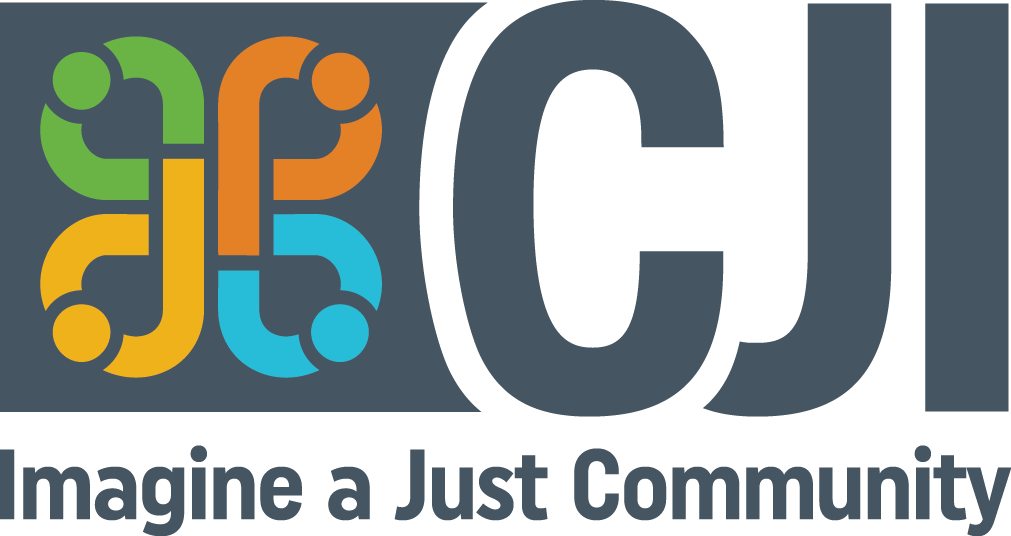-
Services
Mediation and Restorative Services
CJI offers mediation and dialogue programs as well as restorative services to prevent conflict and build peace in communities.
Mediation Services
-
About CJI
The Elmira Case – Where CJI Got its start
A modern restorative justice movement is born in 1974 when two probation officers suggest that teens apologize and make restitution instead of going to jail.
-
Get Involved
-
Contact Us
Planning a visit?
CJI is located in the Kitchener Waterloo area. Consult the link below for information on our location and opening hours.

